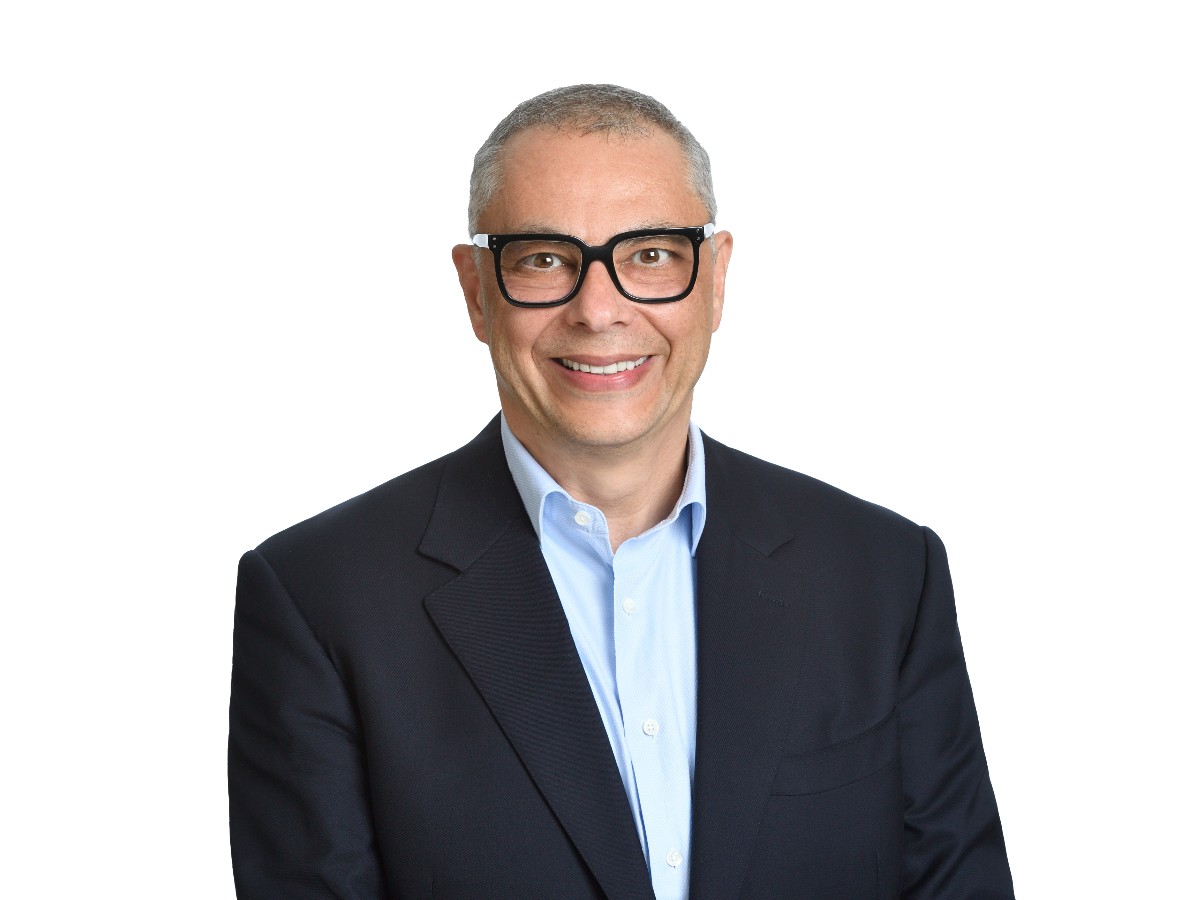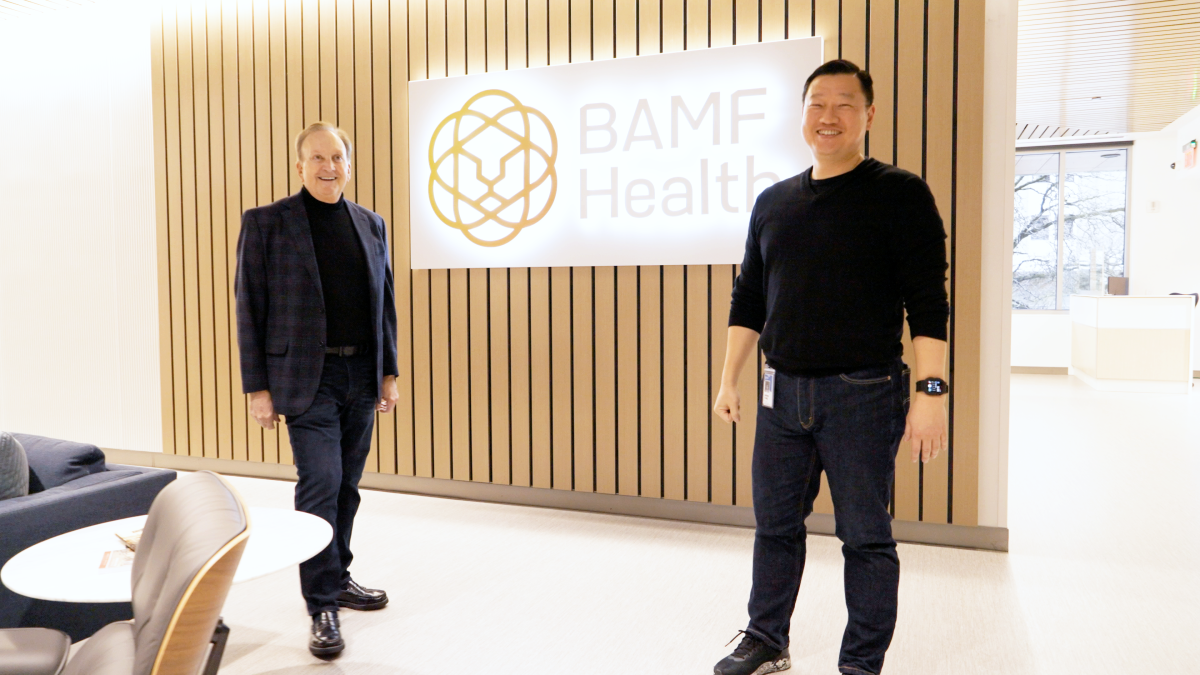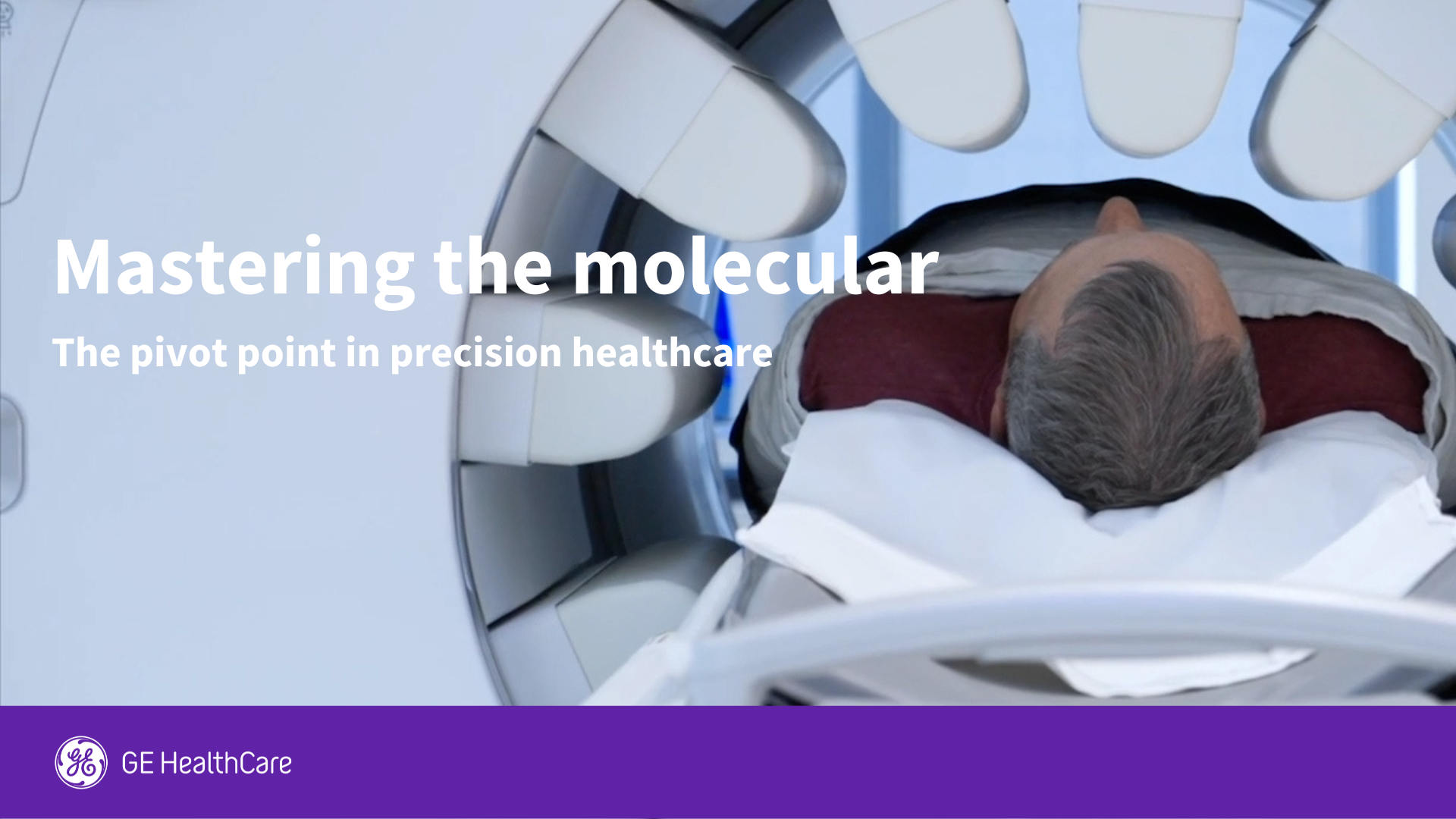By Taha Kass-Hout, Chief Technology Officer, GE HealthCare
This article first appeared on Taha's LinkedIn
The future of healthcare is not just bright; it’s transformative. Digital technology and artificial intelligence are at the forefront of this next wave of breakthroughs in precision healthcare, a holistic approach that integrates various technologies, including advanced medical imaging, artificial intelligence (AI), and molecular diagnostics, to tailor diagnosis, treatment, and ongoing monitoring and management for optimal patient outcomes. Over the next decade, precision healthcare could revolutionize how care is delivered to patients around the world. We will see a leap from reactive healthcare to more predictive and proactive care. Coupled with personalized treatment plans, this predictive capability will enable significant improvements in patient outcomes.
Potential challenges, ethical considerations and balanced perspectives
These advancements are not without challenges that must be overcome to successfully accomplish all this, including data privacy concerns, mitigating biases in AI algorithms, and complexity in integrating diverse data sources. As the technology is developed and integrated into healthcare, we’ll need to ensure it’s being used ethically and responsibly.
It’s also critical to maintain a human touch in patient care while deploying the power of AI. A balanced approach, prioritizing both technological innovation and ethical considerations, will be key to the successful integration of these technologies in healthcare.
How will digital technology and AI improve healthcare?
For clinicians, AI signifies a pivotal shift from time-intensive administrative tasks to complex decision-making, bolstered by data-driven insights. Al solutions won’t replace clinical expertise, rather these solutions will function more as intelligent assistants, with the potential to help improve efficiency, accuracy and access to care.
Traditional machine learning and AI have already shown improvements in scan times, dosage reductions, patient monitoring, and predicting length of stay. As we move forward, this next generation of AI offers doctors and clinicians an intelligent companion, aiding them in making well-informed decisions. With an assist from AI-driven analytics, in the future, clinicians also may be able to predict the likelihood of certain conditions developing, like heart failure or Alzheimer's disease — and help patients make changes that could prevent or delay them.
Central to this endeavor is the seamless integration of diverse, complex data sources, including lifestyle, environmental factors, genetic information, medical records, and imaging, through a single pane of glass to provide a holistic view of a patient's entire health journey. AI algorithms will be able to detect and identify abnormalities earlier than is currently possible for the human eye alone. This will lead to more effective management of chronic conditions, benefiting patients and improving equality of care, which could ultimately help reduce the long-term costs of the healthcare system.
Responsibly integrating AI with education and providers also can lead to more scalable care. All this is why Dr. Farouk Dako, Assistant Professor of Diagnostic Radiology at Perelman School of Medicine, believes radiologists should advocate for advanced technologies like AI. He says these technologies will act as an “augmentation,” with the potential to improve the efficiency and accuracy of practitioners.
Wearable technology, evolving rapidly, will continuously monitor vital signs in acute settings or even at home. The technology could be used to monitor things like weight, sleep patterns, and vital signs. That continuous, real-time data can act as an early warning system. The vision is for advanced imaging, advanced monitoring and wearables, combined with AI-driven insights derived from a breadth of data sources, to alert providers of an impending heart failure before it happens. This would then allow for interventions and better management of chronic heart conditions, which obviously benefits patients, but may also reduce long-term healthcare costs by preventing patients from getting sicker.
Oncology treatment can be revolutionized by theranostics
Particularly exciting is the field of oncology, where the synergy of precision imaging and highly targeted therapies is enabling broader adoption of a significant breakthrough, theranostics.
In the realm of precision healthcare, theranostics could revolutionize how care is delivered to patients. The integration of accurate diagnostics and targeted therapy is important because it will enable finding the specific disease type that a patient has. For example, a patient's cancer is unique to them. By using advanced imaging techniques such as a PET scan followed by a series of other modalities of imaging, you will be able to assess initial characteristics of the tumor. You can then marry that with specific biomarkers — such as the genetic or pathologic makeup of that cancer — to know exactly what kind radiotherapy you can target that tumor with. [PC(H2]
In fact, according to Dr. Anthony Chang, founder and CEO of BAMF Health, a dedicated treatment center for precision medicine and theranostics in Grand Rapids, Michigan,
Real-world impact: patient testimonials and case study
Doug Meijer, cancer patient, with Dr. Anthony Chang founder and CEO of BAMF Health
Illustrating its efficacy and underscoring the real-world impact of precision healthcare, a compelling story emerges from BAMF Health - the cases of Doug and Ronald, two patients with advanced prostate cancer who underwent theranostics treatment. Through the integration of AI-driven diagnostics and personalized treatment plans, they each experienced a significant improvement in quality of life. This highlights the profound impact of precision healthcare on individual lives. Watch Tiny signs of hope: advancing theranostics.
The following case studies explore how BAMF Health is putting theranostics into clinical practice: Making Theranostics a reality in clinical practice and Integrating Theranostics into clinical practice.
In the coming years, this type of treatment could become more and more accessible, increasing the effectiveness of treatments and minimizing adverse side effects. This article explores success with theranostics in prostate cancer in more detail.
Looking to the future of healthcare
In addition to augmenting clinicians' capabilities, these technologies will empower patients to be active participants throughout their health journeys with a better understanding of their health and any associated risks.
What truly excites me about the future is the burgeoning potential of personalized options, from prevention to treatment and diagnosis, to be able to manage chronic diseases, which is going to be significant. The evolution of AI-enabled technologies will profoundly transform healthcare as we move to tailored and personalized care, with each patient receiving a treatment regimen based on their specific diagnosis.
The Road Ahead in Precision Healthcare
As we have explored, the integration of AI and digital technology in healthcare signals a new era. The shift from a one size fits all approach to a more tailored care model is not only promising, but also essential for addressing the unique health needs of individuals around the globe.
In summary, the future of healthcare, powered by AI and digital technology, is ready to revolutionize patient care. By enhancing diagnostic accuracy, improving operational efficiency, and investing in a holistic patient experience, we are stepping into a world where healthcare is more predictive, preventive, and precise. The journey ahead is not without challenges, but the potential benefits for patient outcomes and the overall healthcare system are immense.



